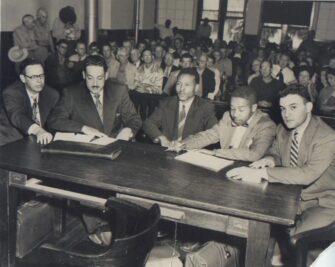
In July 1949, four African American men — Ernest Thomas, Charles Greenlee, Samuel Shepherd, and Walter Irvin — were accused of raping a white woman and severely beating her husband in Lake County, Florida. Thomas was killed following a failed escape attempt, and the other three defendants were put on trial and became known as the Groveland Four.
After their arrests, they were subject to brutal beatings by the police. Though the police department had claimed all four men had attacked the woman in a premeditated fashion, some of the Groveland Four had never even met each other before being arrested and there was no evidence which would indicate any of the four men committed the crime. When an all white jury convicted all three men of the crime, it became clear that the surviving members of the Groveland Four had not received a fair trial.
Irvin and Shephard appealed the trial’s findings with the help of the NAACP and Thurgood Marshall. The appeal was successful and their convictions were overturned in 1951. However, the same year, Irvin and Shephard were shot by the sheriff of Lake County in “self defense,” a widely disputed claim. Shephard died.
Harry T. Moore, the director of the Florida NAACP demanded that the Sheriff of Lake County be put on trial for murder. After his call for justice, Moore’s home was bombed on Christmas Eve, 1951. He and his wife died in the bombing.
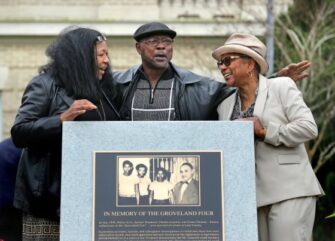
Relatives of the Groveland Four, including Carol Greenlee, right, gather at a monument that was unveiled in front of the Old Lake County Courthouse in Tavares, Florida on Feb. 21, 2020. Source: Getty Images
When Irvin’s retrial was held, the grand jury was once again all white. He was once again sentenced to death, though this charge was later commuted to life in prison. Greenlee and Irvin were released on parole in the 1960s, and the Groveland Four were officially pardoned in 2019.
Below, watch an interview with Carol Greenlee, Charles Greenlee’s daughter, on Democracy Now! from January 2019.
Learn More
Read Devil in the Grove: Thurgood Marshall, the Groveland Boys, and the Dawn of a New America by Gilbert King.
Gilbert King has done a remarkable job of weaving together history, sociology, law and detective work of his own, to reveal facts that even I, one of the defense counsel in the case, had not been aware of until now. — Jack Greenberg, Alphonse Fletcher Professor of Law, Columbia University, former Director-Counsel, NAACP Legal Defense Fund

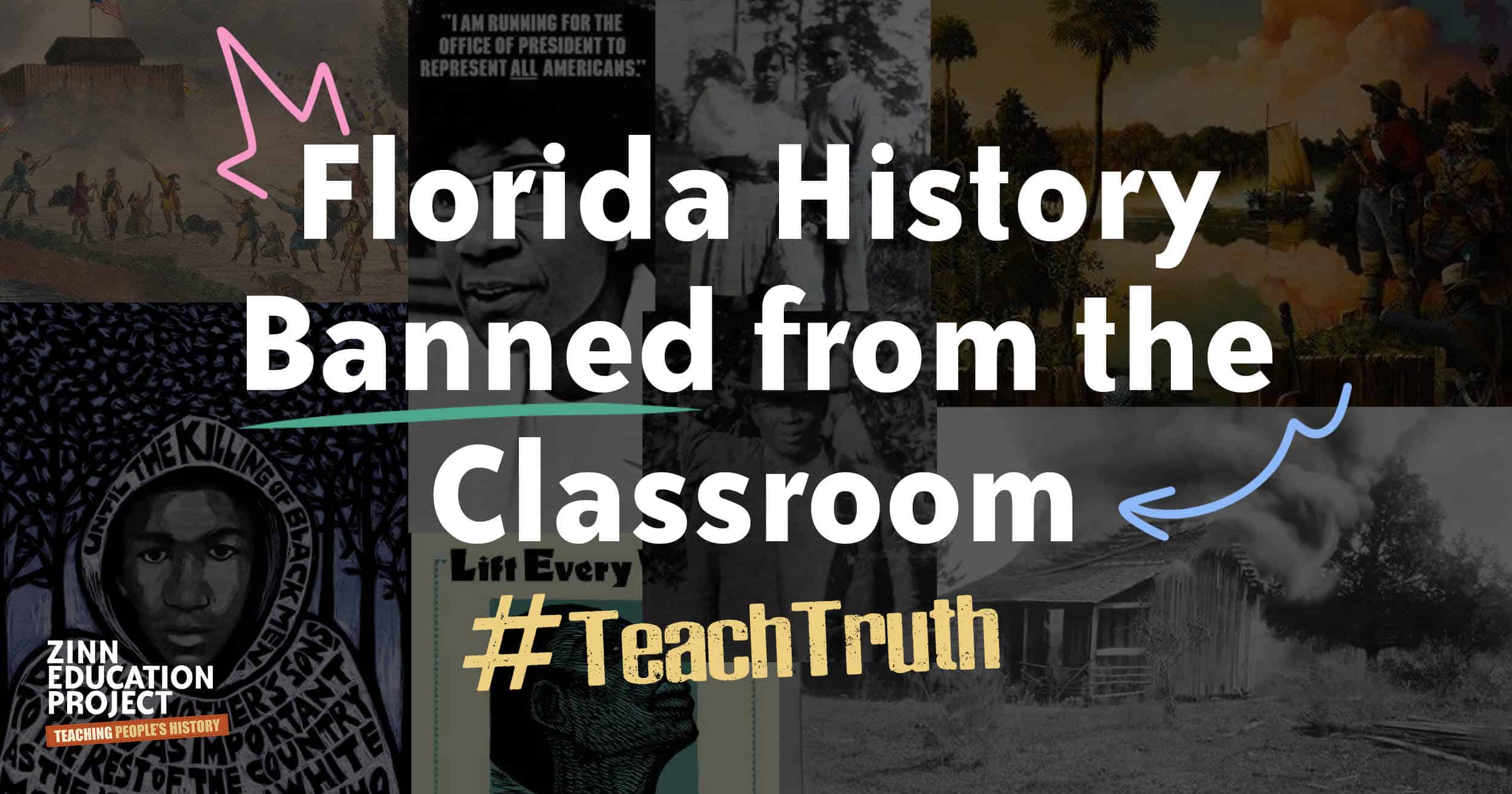
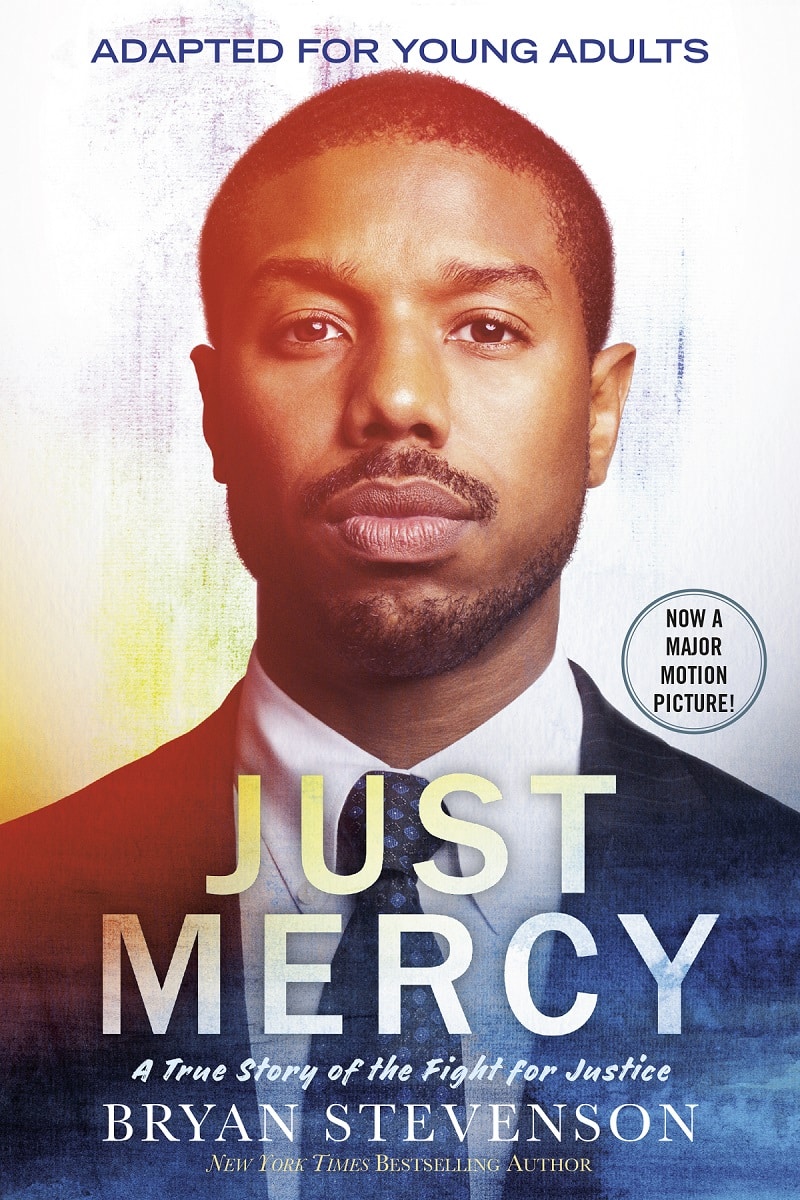
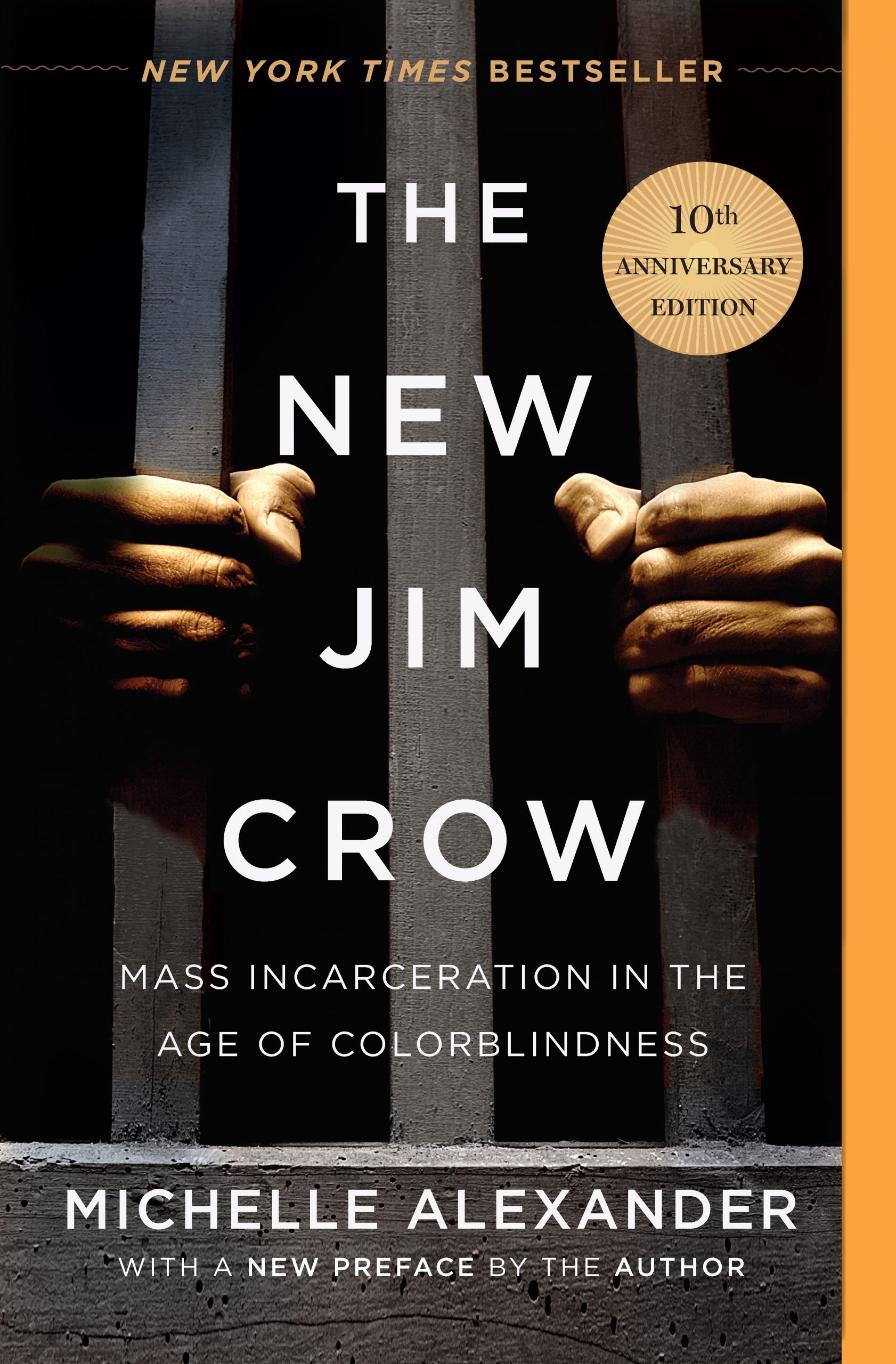

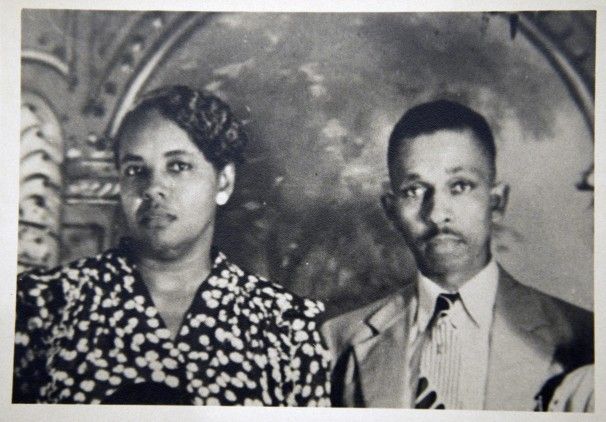
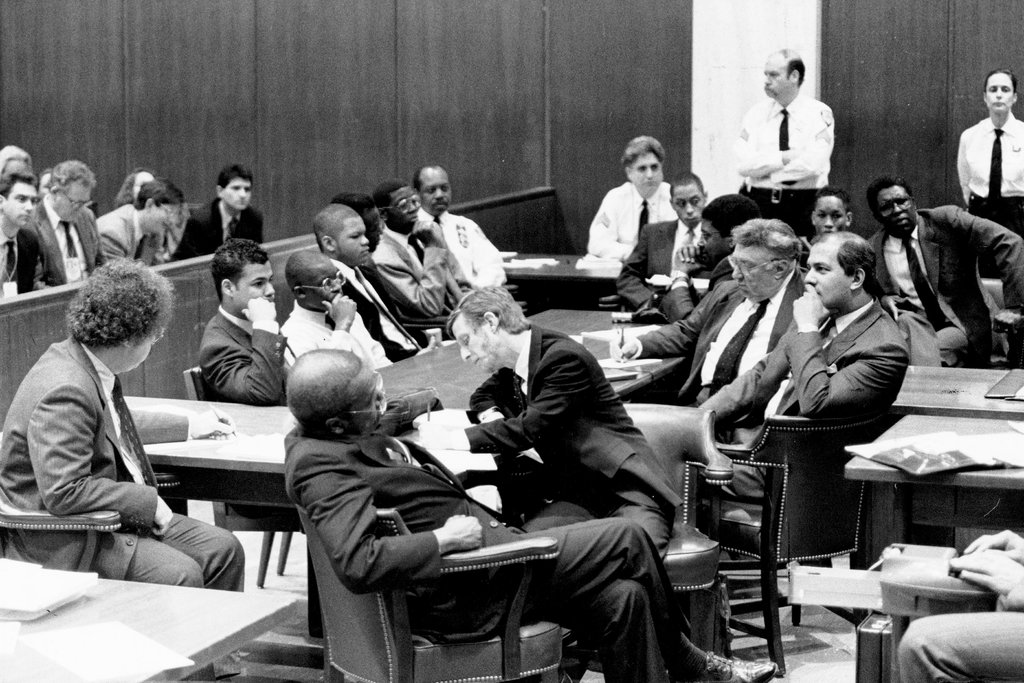





Twitter
Google plus
LinkedIn